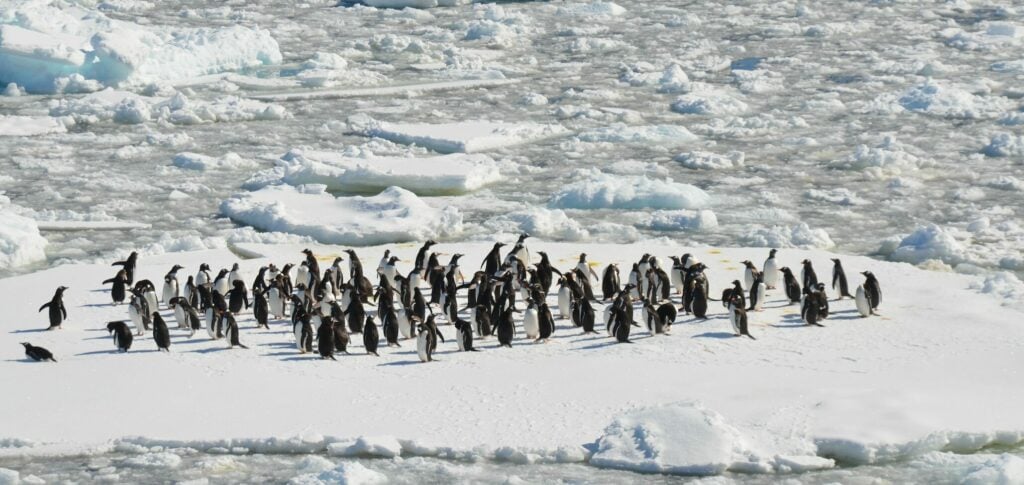The President of China, Xi Jinping, called this Thursday (15) to conclude an agreement that allows building “a community of all life on Earth” by 2030. “A healthy ecosystem is essential for the prosperity of civilization ,” Xi added in a video message. China is the host of the meeting, along with Canada.
ADVERTISING
Around 20 goals are being negotiated with the aim of rescuing ecosystems, restoring degraded lands and placing 30% of the Earth under protection.
To achieve this, the 196 members of the UN Convention on Biological Diversity (CBD) must reach a consensus on a “global biodiversity framework“, but for now, significant differences persist between rich and developing countries.
“No agreement will be perfect, but it is necessary to ensure a solid global agreement that ends our senseless and self-destructive war against nature,” said Amina J. Mohammed, UN Deputy Secretary-General.
ADVERTISING
“Species decline is not inevitable. It is not a dead end path. We can change the course of things,” said Canadian Environment Minister Steven Guilbeault.
Scientists warn that we must urgently rethink our relationship with nature, before excessive exploitation and depredation end up confirming what some fear: the sixth mass extinction in the planet's history.
However, as happened just under a month ago at the COP27 climate change event in Sharm el-Sheikh, Egypt, money monopolizes much of the discussion in the Canadian city.
ADVERTISING
Discord
The topic of contention is the creation of a fund for biodiversity, which economically supports efforts to meet the pact’s goals.
Dozens of countries, with Brazil in the lead, demand “financial subsidies of at least 100 billion dollars annually, or 1% of world GDP, by 2030”. The number represents ten times the amount of current aid, and as much as the prometaken for the fight against global warming.
But rich countries are reluctant topromehave new amounts and advocate reforms to existing financial mechanisms.
ADVERTISING
Political will
At the center of the debates are several important themes: the protection of 30% of the world's land space and maritime space, a major advance compared to the respective current 17% and 8%.
Also under debate are the elimination of billion-dollar subsidies harmful to species, support for sustainable fishing and agriculture, the reduction of pesticides and reforestation.
But all objectives depend, to some extent, on guaranteeing financial mechanisms to achieve them.
ADVERTISING
“The African group wants to reach an agreement with money on the table, other emerging countries too, but Brazil is using the financial issue to make the process unfeasible”, confided a Western negotiator.
According to the source, the Brazilian delegation still follows the guidelines of the government at the end of President Jair Bolsonaro's term, which supports an agribusiness hostile to reducing the use of pesticides.
But the countries of the South that present themselves as environmentally ambitious also spread their message: “Despite our efforts, we are deeply concerned about the lack of a clear commitment to mobilizing resources”, declared the Colombian representative at the meeting on the crisis.
Total break
The attitude of developed countries “has left negotiations on the brink of total breakdown”, declared on Wednesday (14) Innocent Maloba, an analyst at the NGO WWF International.
“Developed countries, with their eminent role in the biodiversity crisis due to their level of consumption, have a duty to support developing countries, it is in their own interest”.
The needs are immense: the cost of an economic transition capable of protecting nature is estimated at almost 900 billion dollars per year, 25% for the conservation of protected areas and the rest for “greening” the economy.
Zakri Abdul Hamid, Malaysian founder of IPBES, the equivalent of biodiversity of the Intergovernmental Panel on Climate Change (IPCC), warned ministers yesterday: “What is missing here is political will and a sincere consensus on what should be done.”
(AFP)







